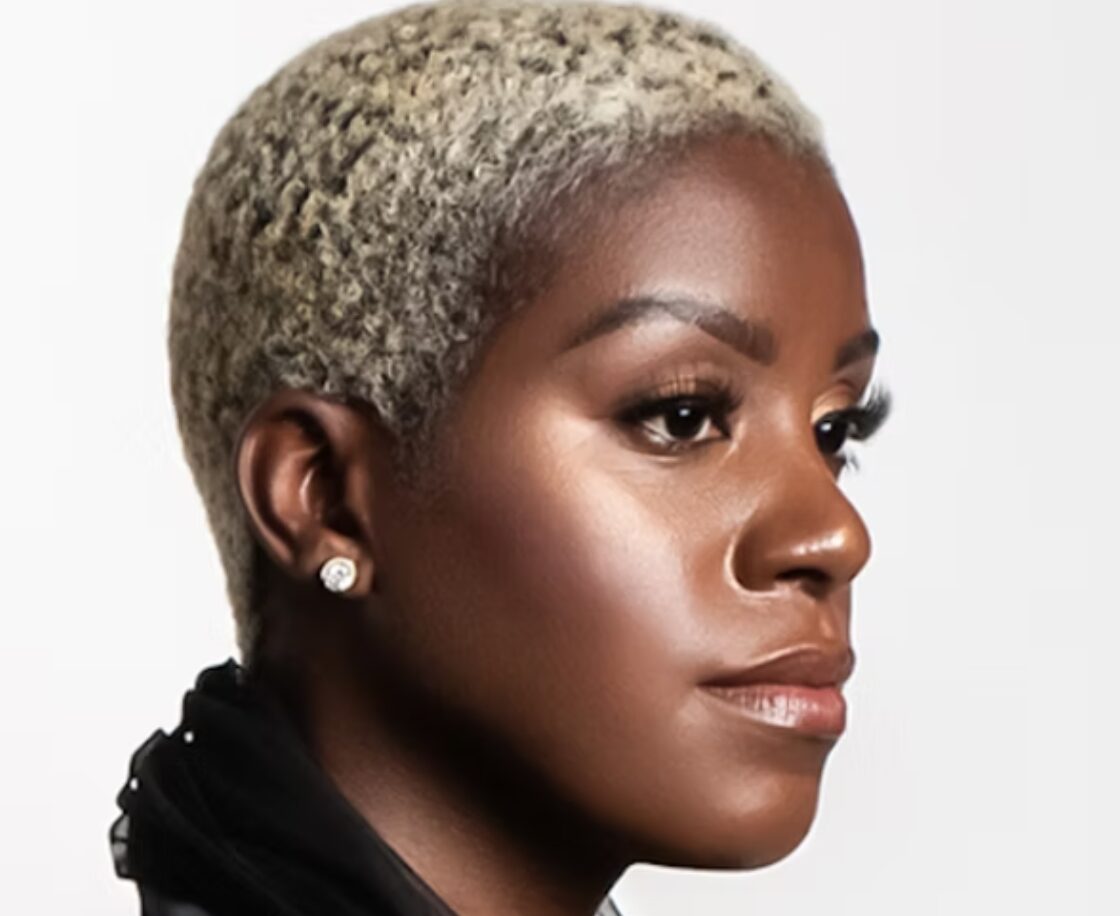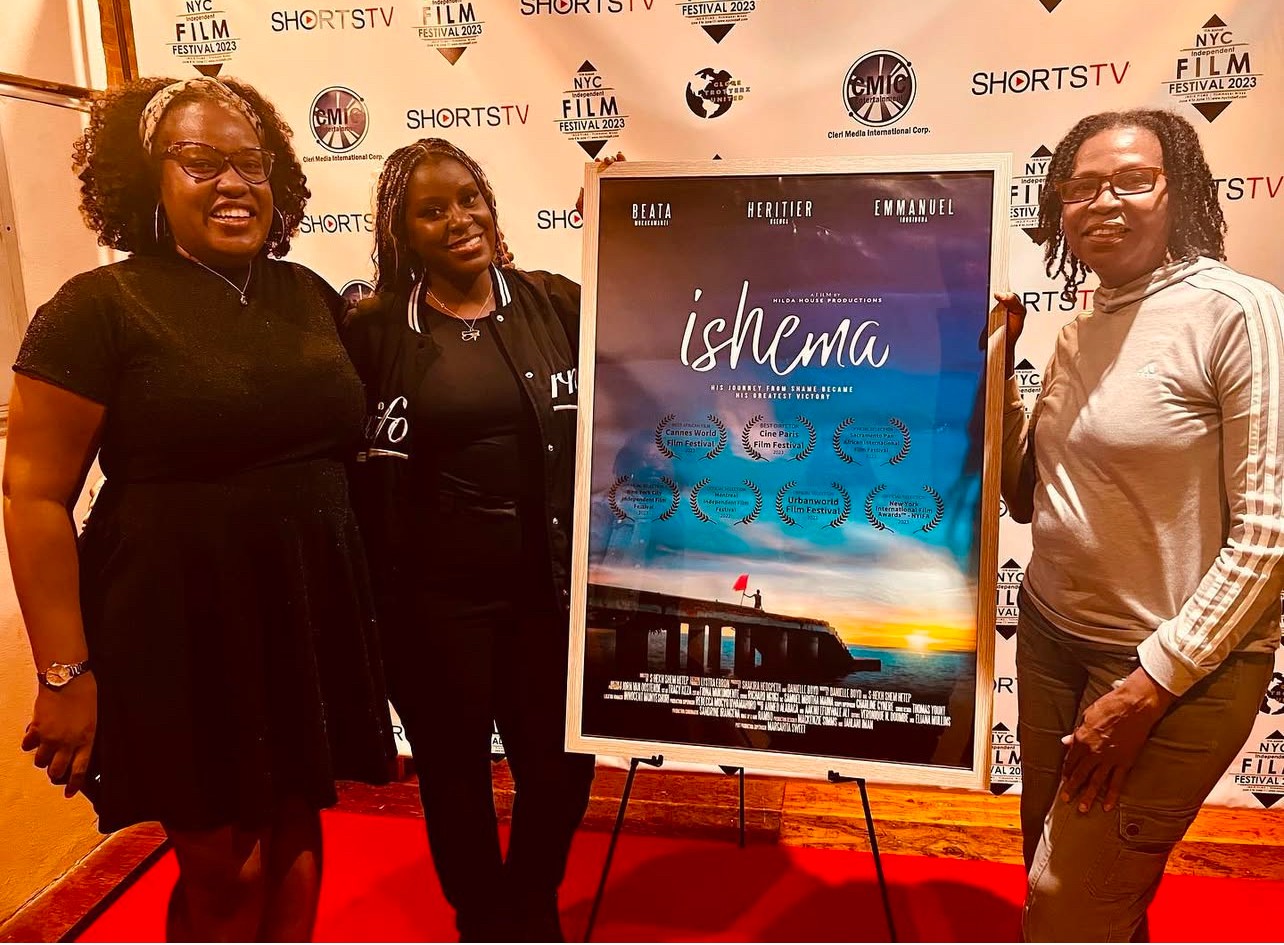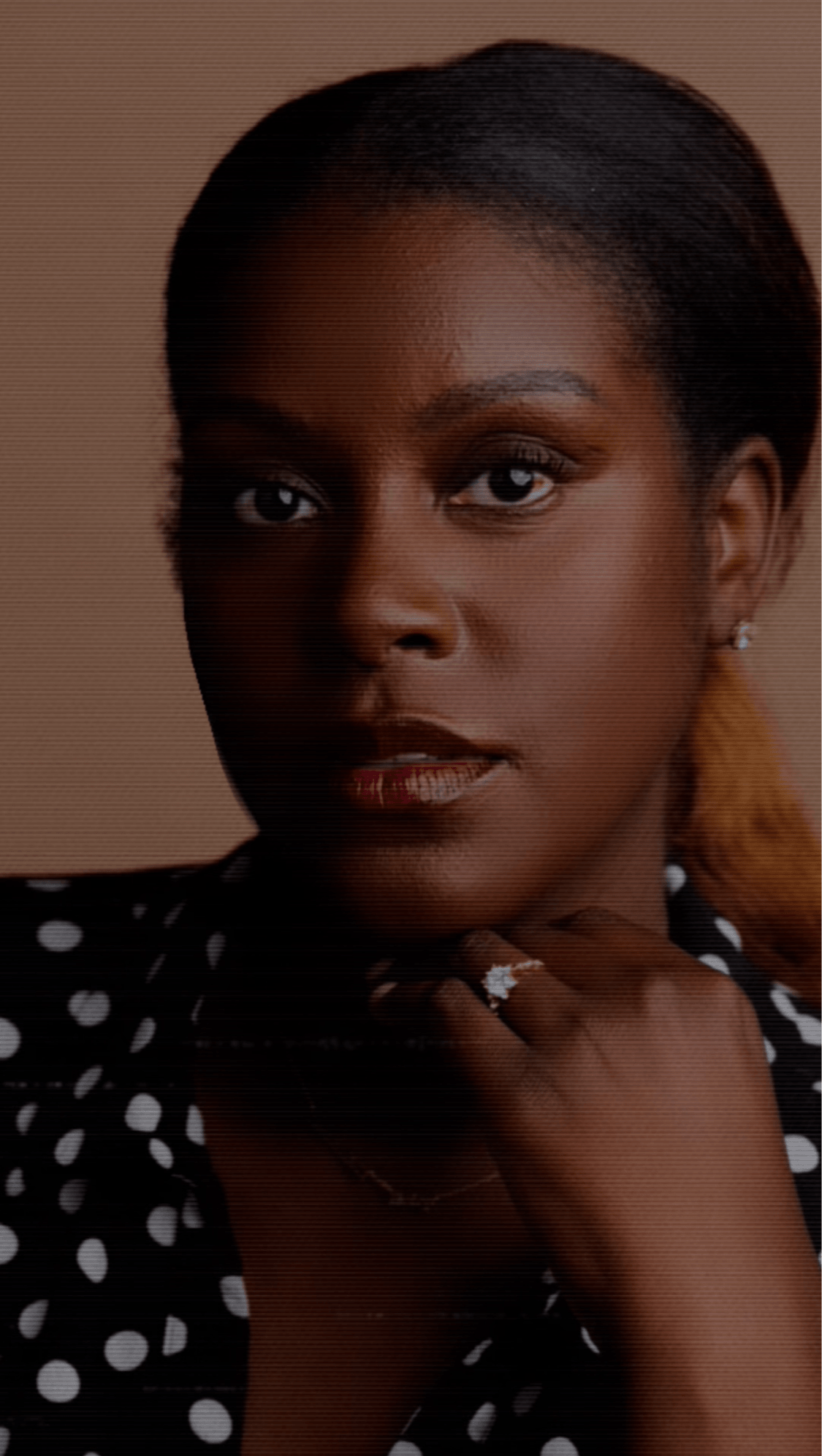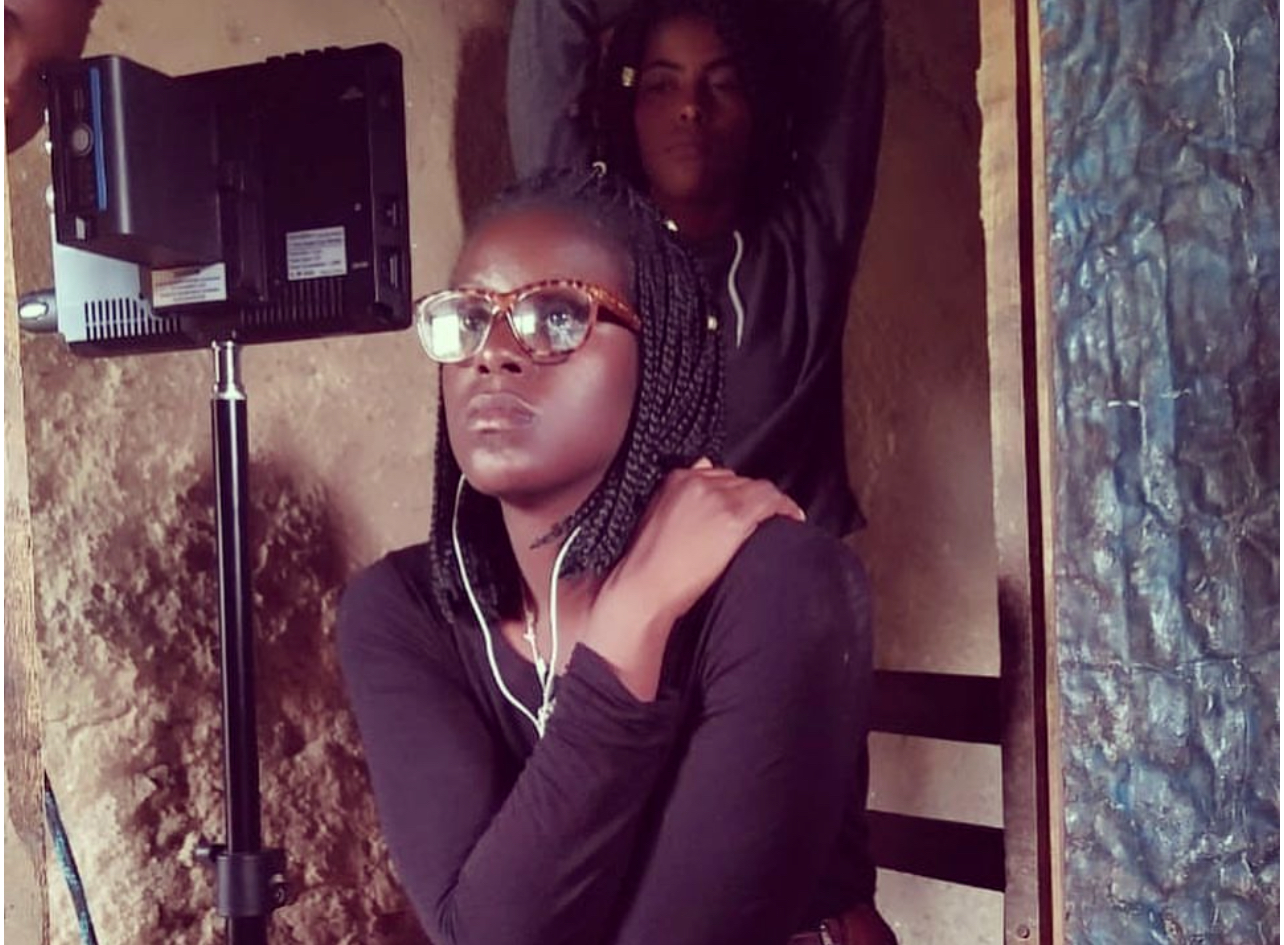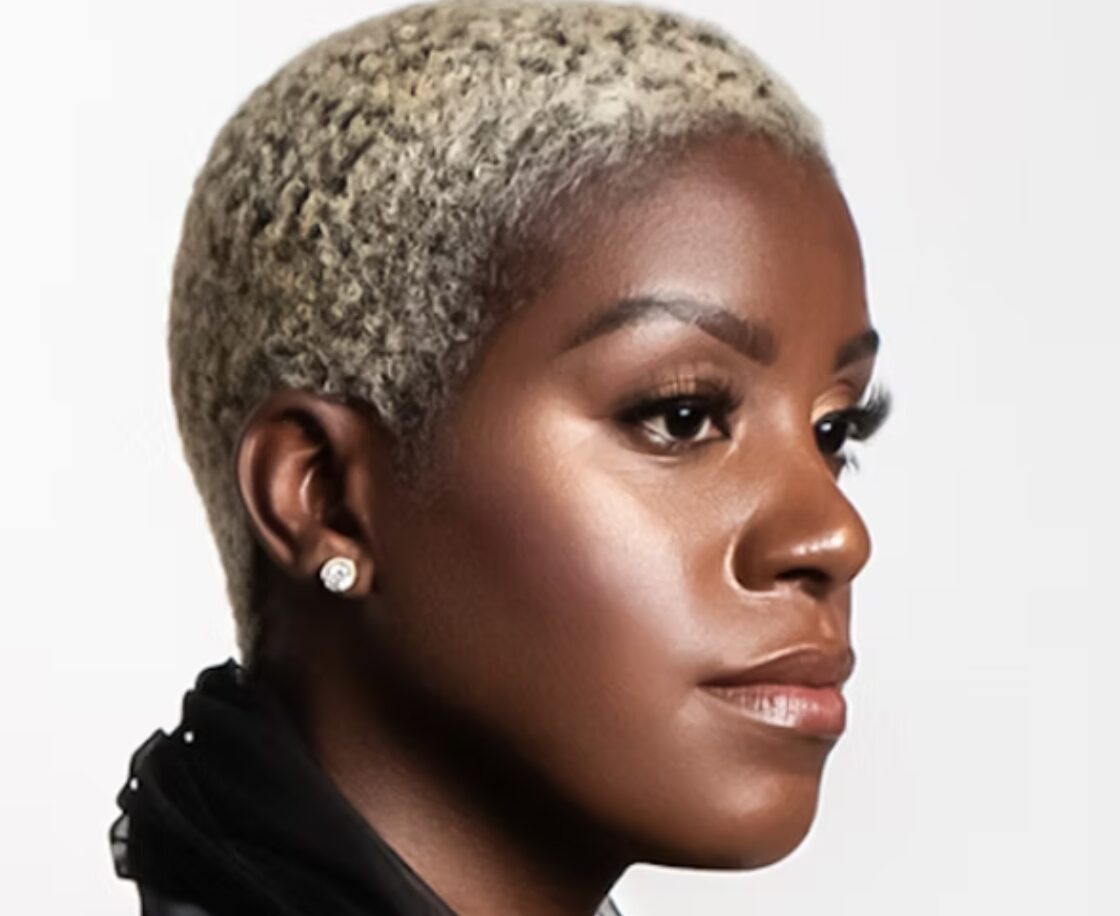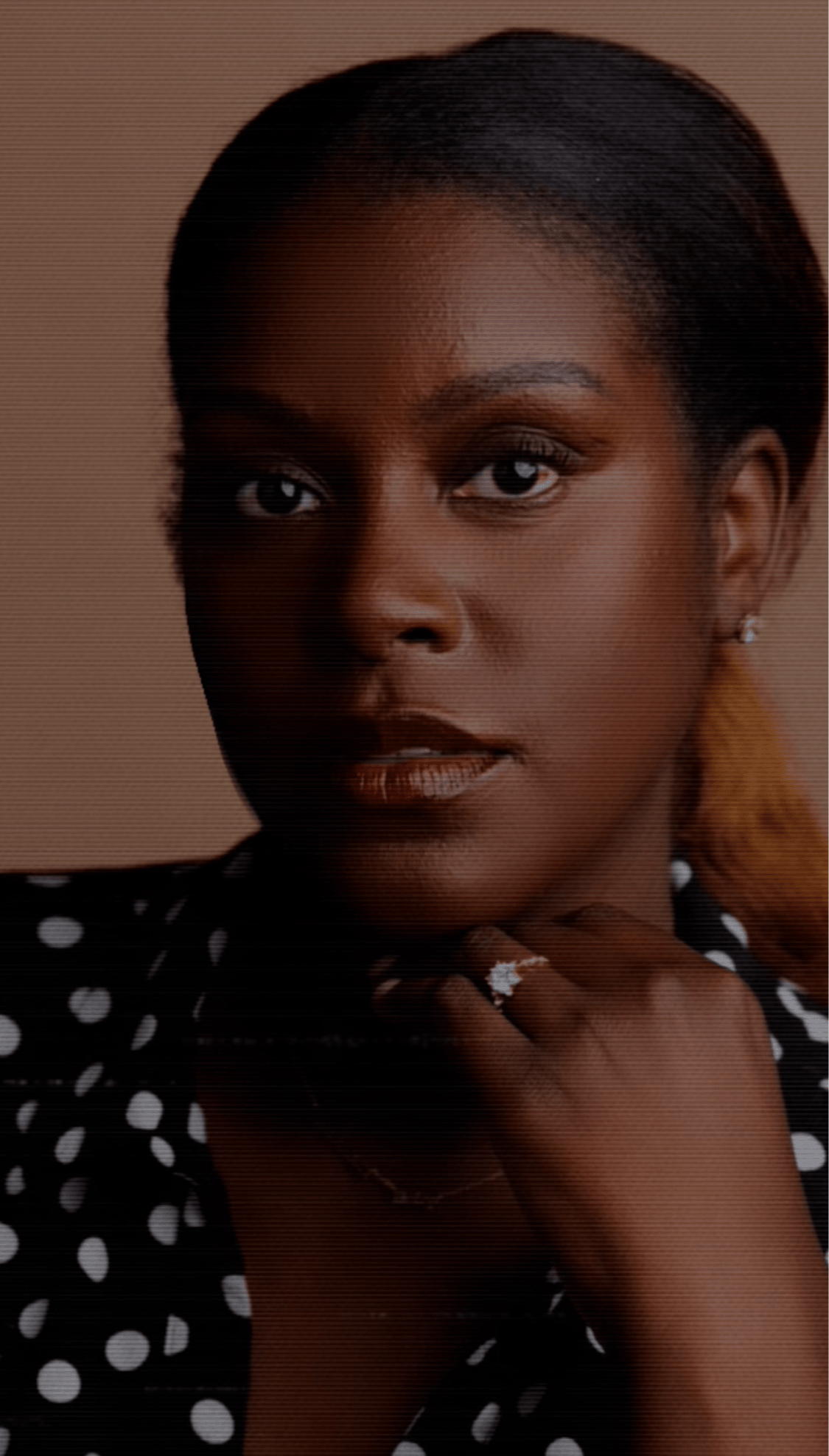

Today we’d like to introduce you to S-Hekh Shem Ebron.
Hi S-hekh shem, we’re thrilled to have a chance to learn your story today. So, before we get into specifics, maybe you can briefly walk us through how you got to where you are today?
I am a Brooklyn-born freelance fiml Director . My creative journey began in journalism, a path that took me to Paris and over 38 countries, where I connected with people from all walks of life—experiences that continue to inspire my work today.
In 2014, I relocated to Los Angeles and built a strong foundation in commercial production, working as a Production Supervisor on multi-million dollar projects. Working with talents such as LeBron James, Cardi B, Selena Gomez, Samuel L. Jackson, and Magic Johnson. But it was my humanitarian work that truly shaped my voice as a filmmaker. Beginning in 2015, Me and my sister Nzinga Ebron organized annual service trips to Gisenyi, Rwanda, leading teacher workshops and providing school supplies to over 200 underserved students at Ruben Primary School.
That experience sparked my passion for film as a medium for social change. In 2019, I directed my first feature, Ishema, a powerful narrative inspired by the lives of post-genocide Rwandan youth. The film was shot entirely on location in Rwanda with a local cast and crew. In 2020, I partnered with Oscar winner Casey Affleck andaunch Stories From Tomorrow, a global fundraising initiative focused on food security and remote education access for children during the pandemic. Today, I continue to use filmmaking as a tool for social impact—redefining modern cinema by centering overlooked voices, elevating global stories, and creating space for healing and transformation through art.
I’m sure it wasn’t obstacle-free, but would you say the journey has been fairly smooth so far?
Growing up within the confines of a strict religious cult, my childhood was sheltered within a bubble of rigidity and conformity. When my family made the courageous decision to break away from that environment, I found myself grappling with anxiety and uncertainty during the transition. It was through the lens of storytelling and filmmaking that I discovered a pathway to navigate the unknown and confront my fears head-on.
My directorial journey commenced with a deeply personal short film: “I, Too, Am America,” a short film I wrote and directed inspired by the complex journey of my transgender niece and her strained relationship with her parents. Witnessing the transformative power of storytelling, as it fostered openness and acceptance within my own family, ignited a fire within me to pursue directing as a career. Since then, I have embarked on various creative endeavors, including directing music videos, short films, and a feature-length project titled “Ishema.” Which tackled the heavy subject of genocide, “Ishema” provided me with unparalleled challenges and growth opportunities. Shooting in Rwanda, amidst the backdrop of a small city near the Congo border, presented logistical hurdles, from navigating language barriers to working with local talent and first-time actors. Despite encountering unexpected obstacles, including the unsettling experience of witnessing a plane crash near our set, I emerged from the production with a strengthened directorial voice and an unwavering resolve to push artistic boundaries.
Can you tell our readers more about what you do and what you think sets you apart from others?
I’m a filmmaker and storyteller who specializes in narrative work that centers underrepresented voices, particularly stories from the African diaspora. Collaboration is at the heart of everything I do—whether I’m directing, writing, or producing, I believe the strongest creative work happens when a team is aligned around a shared vision. I’m best known for my ability to create emotionally resonant films rooted in community engagement, cultural authenticity, and social impact.
The project I’m most proud of is my first feature film I directed, Ishema, which I also co-wrote and produced with Danielle Boyd. Ishema tells the story of post-genocide youth in Rwanda. That experience deeply influenced my approach to filmmaking—grounded, immersive, and inclusive. Over half of our production crew were local Rwandans, including our assistant directors, who were both genocide survivors. We lived in a local home during filming, ensuring that we didn’t just tell a story about the community—we told it with them.
What sets me apart is my commitment to inclusive storytelling from the inside out. I don’t just aim to represent marginalized voices—I work alongside them, build trust, and make space for their lived experiences to shape the work. I also bring a strong foundation in working cross-culturally, which allows me to build authentic relationships and guide performances that are honest, layered, and real.
In terms of your work and the industry, what are some of the changes you are expecting to see over the next five to ten years?
Over the next 5–10 years, I see the film industry continuing to shift toward more global, inclusive storytelling—both in front of and behind the camera. Audiences are more engaged than ever with authentic stories from underrepresented communities, and the demand for content that reflects a broader range of experiences is only growing. I believe we’ll see more international co-productions and storytelling that blurs geographic and cultural boundaries, especially as technology and streaming platforms make access more universal.
I also anticipate that community-centered filmmaking will gain more traction—where creators don’t just drop into a story, but actually embed themselves in the cultures they’re representing. This is especially important for diasporic and post-conflict narratives, where authenticity matters deeply. I’m hopeful that the next decade will bring more ethical approaches to storytelling—ones that prioritize local voices, shared authorship, and impact.
On a technical level, I think we’ll see more experimentation with virtual production and AI-assisted tools, but the heart of the work will still depend on human connection and emotional truth. The filmmakers who succeed will be the ones who can balance innovation with grounded, people-first storytelling. My hope is to see studios look at what Ryan Coolger was able to do with his film Sinners and give more space for independent filmmakers to make original ip’s by backing them up with funding.
Contact Info:
- Website: https://www.shekhshem.com
